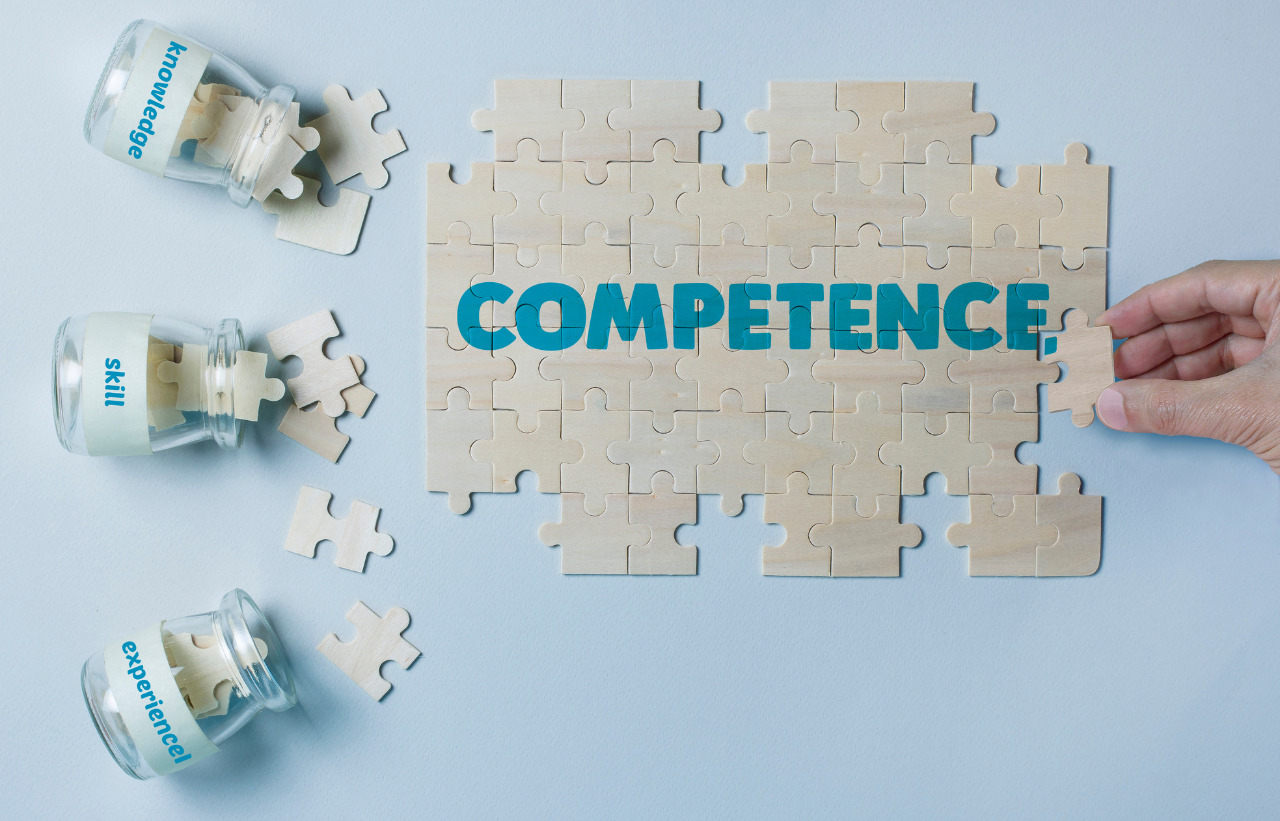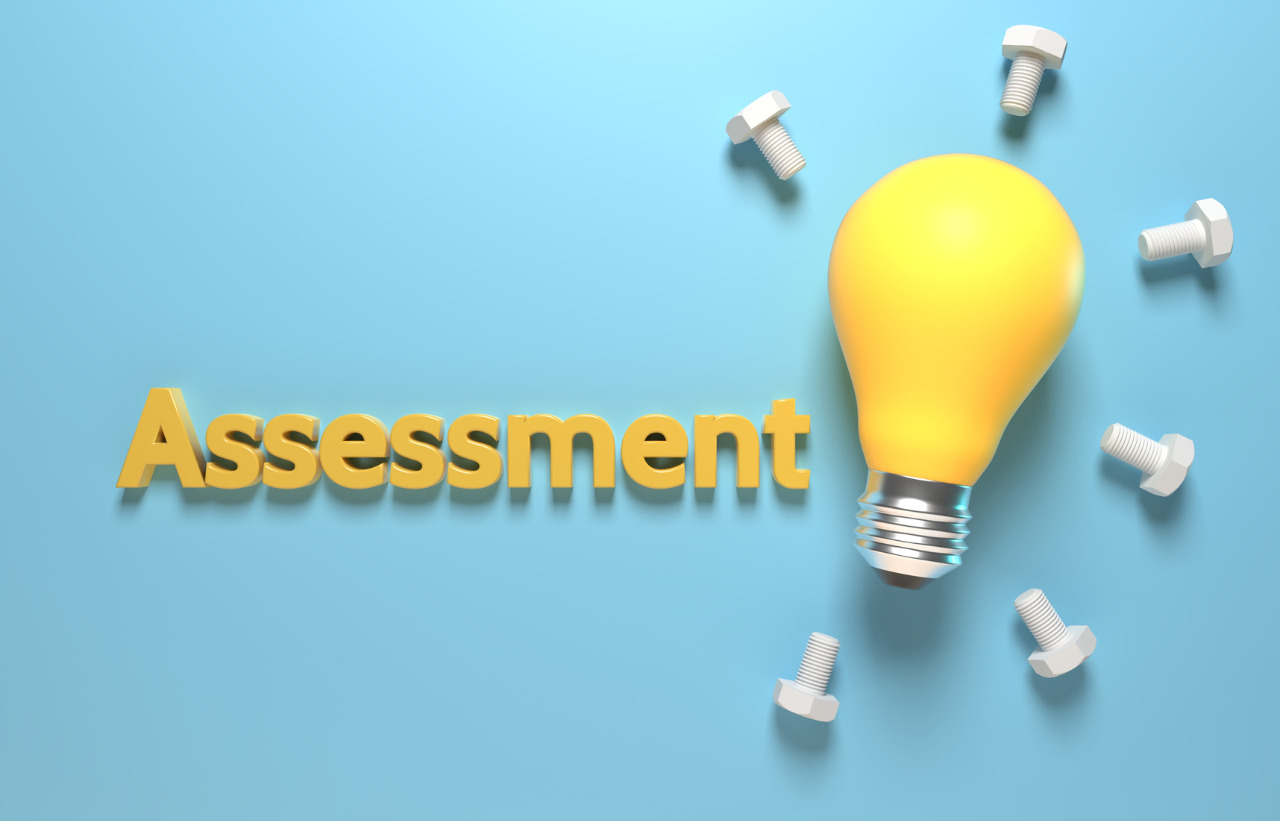Introduction
The start of a new academic year is a time of excitement, anticipation, and renewed commitment to learning. The new academic year brings with it new opportunities, new challenges, and new commitments. As the world changes rapidly, so do the expectations from the education system. Schools, parents, and students alike are being asked to commit to new standards and new ways of learning.
For Schools:
National Education Policy (NEP 2020) is changing the ground from rote to Competency: The National Education Policy (NEP) 2020 is the most comprehensive and forward-looking education policy that India has ever had. It aims to transform the education system in India from a rote-learning based system to a competency-based one. The policy aims to ensure that students develop the necessary knowledge, skills, and attitudes to succeed in the rapidly changing global economy. The policy aims to create a learner-centric, inclusive, and flexible education system that enables learners to realize their full potential.
Competency-based education is now real:
Competency-based education is an approach to teaching and learning that emphasizes the mastery of specific competencies or skills rather than the accumulation of credit hours or grades. Competency-based education is designed to be flexible and adaptable, allowing learners to progress at their own pace and on their own terms. Competency-based education is now a reality in India, and schools need to commit themselves to this new approach.
How can schools commit themselves to Competency-based education? Schools can commit themselves to competency-based education by adopting the following measures:
a) Realigning their curriculum: Schools need to realign their curriculum to focus on competencies rather than on content. They need to identify the competencies that are relevant for their students and design learning experiences that enable students to develop those competencies.
b) Creating flexible learning environments: Competency-based education requires flexible learning environments that enable students to progress at their own pace and on their own terms. Schools need to create such learning environments by providing students with access to a variety of resources, including technology, online learning tools, and personalized support.
c) Assessing competencies: Schools need to develop assessments that measure students' mastery of specific competencies. These assessments need to be designed to be flexible and adaptable, allowing students to demonstrate their mastery of competencies in a variety of ways.
For Parents:
Are the students competent enough?
Parents need to ask themselves whether their children are competent enough to succeed in the rapidly changing global economy. Competence is not just about having a good academic record; it is also about having the necessary skills, attitudes, and knowledge to succeed in real-world situations.
Take real-world scenarios and check if students are able to connect their classroom knowledge to real world:
Parents can assess their children's competency by asking them to apply their classroom knowledge to real-world situations. For example, parents can ask their children to identify the environmental impact of a product or to analyze the social and economic consequences of a particular policy decision. By doing so, parents can help their children to develop the skills and attitudes they need to succeed in the real world.
Discuss the same in Parent-Teacher meetings:
Parents need to discuss their concerns about their children's competency with their children's teachers. Parent-teacher meetings provide an opportunity for parents to discuss their children's progress with their teachers and to identify areas where their children need additional support. By working together, parents and teachers can help their children to develop the competencies they need to succeed in the real world.
In conclusion, the new academic year brings new commitments for both schools and parents. With the NEP 2020 shifting the focus towards competency-based education, it is important for schools to adapt their teaching methods and commit to real-world scenarios. For parents, it is crucial to evaluate their child's competency levels and provide support to help them develop the skills they need to succeed. Together, schools and parents can create an environment that prepares students for the challenges of the future.




